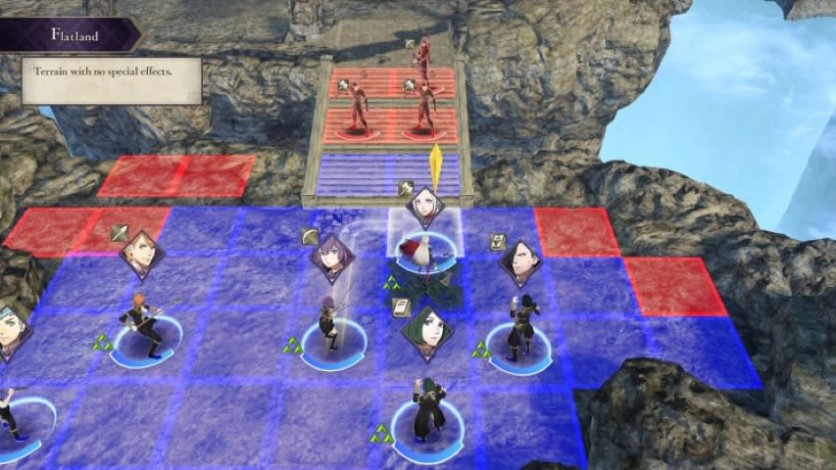The Oregon Trail
The Oregon Trail is an educational computer game originally developed in 1971 by three student teachers, with the intention of teaching school children about the pioneer life on the Oregon Trail. Despite bugs, the game immediately gained popularity among students, with thousands of players monthly; it was so popular that it was eventually re-released as a standalone game with substantially increased graphics.

After playing The Oregon Trail, I believe some of the reasons it was so successful were its storytelling and sense of engagement. The game allows users to choose where they would start their journey and what role they would take on, give names to their family members, gather resources for them, take care of them along the way, and face any random obstacles thrown at them.
Even nowadays, we can see a lot of games (such as Fire Emblem) with similar concepts.

Pong
Pong was a game launched in 1972, originally as an arcade game, and became incredibly popular. If The Oregon Trail was the dawn of computer gaming and educational gaming, Pong saw the rise of video gaming, arcade gaming and console gaming – it was not the first-ever arcade game, but it was the first to achieve such popularity.

It is essentially a game of ping-pong but in a digital form, and the concept appeared a bit boring on paper, but its competitive aspect is what made it so popular, and perfect for a pub/bar setting, where it was initially launched. It is a short and simple game, quick enough so that players feel engaged and want to play one more, simple enough that it could reach a broad audience who wishes to become more skilled in this game.
Like The Oregon Trail, we can see the shadow of this game in video games nowadays. Multiplayer competitive games, such as League of Legends, Apex Legends, and CS:GO, games where players get to compete with one another are typically the ones that gain the most popularity.


